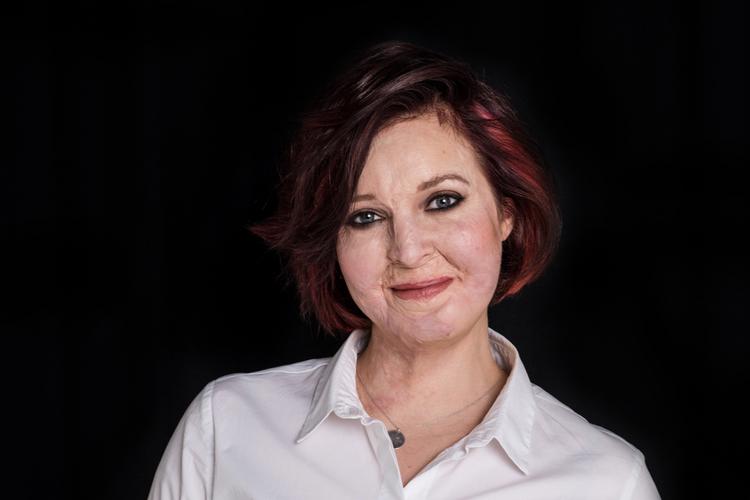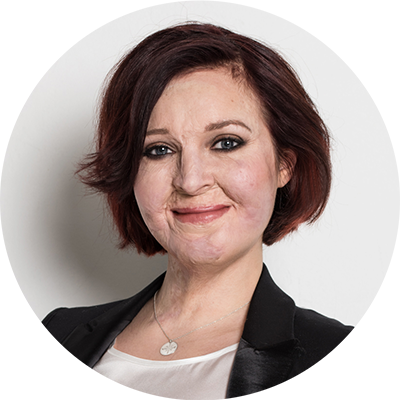YRITTÄJÄ, tule mukaan omiesi pariin! Liity Yrittäjiin.

Why does work feel so rough? Check out these tips for reducing your workload
Entrepreneur, do you feel like your job is wearing you out and your working day never ends? Work can typically be stressful due to several factors. Check out these tips from Resilience Coach Ulrika Björkstam and head towards a clearer and brighter working life.
1. Unclear vision
Only a few of us actually stop to take a good look at our own vision and think about why I do my job, or what my work is about or if there are any conflicts between the work I am doing now and my objectives. An unclear vision leads to disorderly actions: if the objective is unclear, everything can easily seem of equal importance and this makes prioritising difficult. A clear vision builds a better framework for how you do things, what direction you are heading in and how you use your time.
The values and objectives of the company may be crystal clear to the entrepreneur but are the values and objectives as clear to its employees? How does the company implement its values in concrete daily actions? What are the things that we hold on to and strive for, even if many things around us change?
2. Continuous uncertainty
According to research, the greatest single cause for work-related stress is not the amount of work or its urgency, but continuous uncertainty. Recurring talk about uncertainty will also add to fear among people. However, not everything will change. It would be good to stop and think about the values that will guide the company’s operations in the future despite changes. Which of the customer’s needs will remain the same? And which things will provide security? When your life seems to be falling apart all around you, what are the things that help you pull yourself up from even the deepest hole?
3. Limits
Resilience is often thought of as persistence, but a person can be persistent also in ways that are not good for their wellbeing. An occupational psychologist said that a worn-out person is a limitless person. This is clearly visible now as many work from home due to the coronavirus and are unable to draw the line between work and free time as before. Work can easily continue late into the evening, or unfinished assignments can cause you stress when you’re not working. Consider your priorities when thinking about your coping and your limits. At which point could you think or act differently than before?
4. Lack of breaks
You can help yourself detach and recover from work by taking microbreaks that last just a few minutes each during your working day. These microbreaks can also help you concentrate better during your working day. Such breaks also have an impact on the quality of sleep. Better recovery helps you see your goals clearly, allowing you to act in a way that makes sense for your overall life management and to make choices that support your wellbeing.
5. Feeling of being in control
One of the most important factors behind occupational wellbeing is the feeling of being in control. Can I, at least to some extent, control how I do my job or is nothing up to me? How much can I use my natural strengths in my work? How much can I bring out my own persona and define the content of my work? The brain wants to feel in control and know what to predict. Having some leeway at work can help facilitate these feelings. It is important for a person to be able to complete tasks in their own way and experience the sense of competence and accomplishment.
6. Solidarity with others
Solidarity is one of our basic psychological needs. Solidarity and social capital at the workplace are important factors in terms of occupational wellbeing. No matter the size of the working community, solidarity is one of the most important questions. Do I feel like I am a significant part of the community? Even if I cannot see people face-to-face right now, is my work still important to someone? Am I promoting something good in this world or am I working against my own values?

Who?
Ulrika Björkstam is a solution-oriented coach and a keynote speaker who has spent years working as a precautionary expert and an internationalisation consultant to Finnish companies. Björkstam also graduated from the first resilience strengthening coach training in Finland in 2020. In addition, she has studied occupational and organisational psychology, schema therapy, social psychology, neuro-linguistic programming and positive psychology. Björkstam has written a book on post-traumatic growth “Nouse nyt – kuinka selvisin vakavasta onnettomuudesta” (WSOY 2018, in Finnish only).
Text Ari Minadis
Photo Mikko Rasila